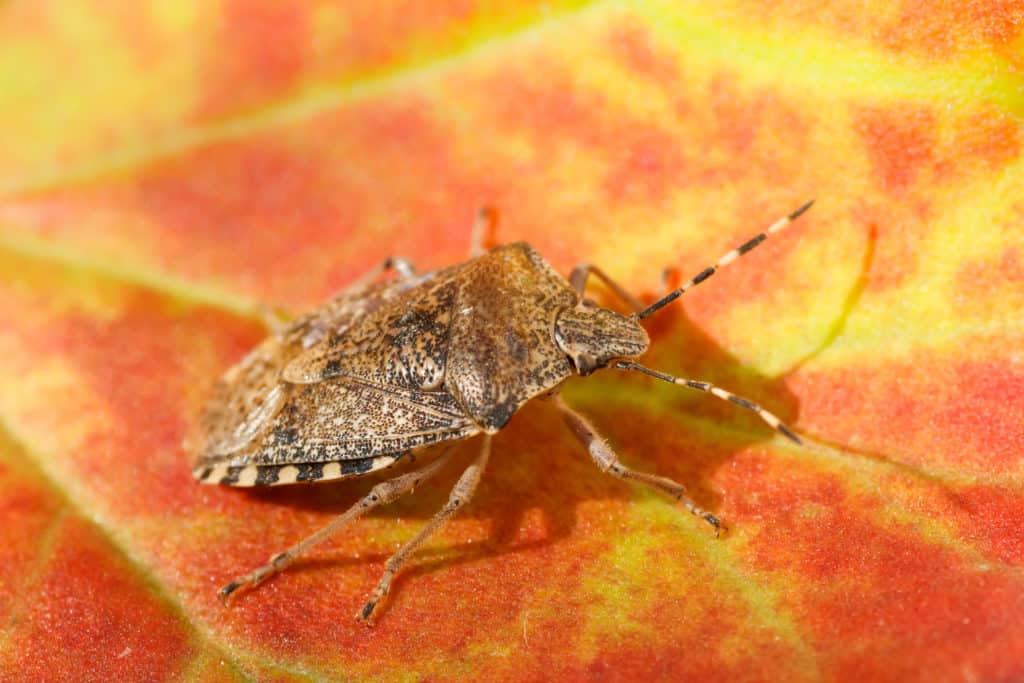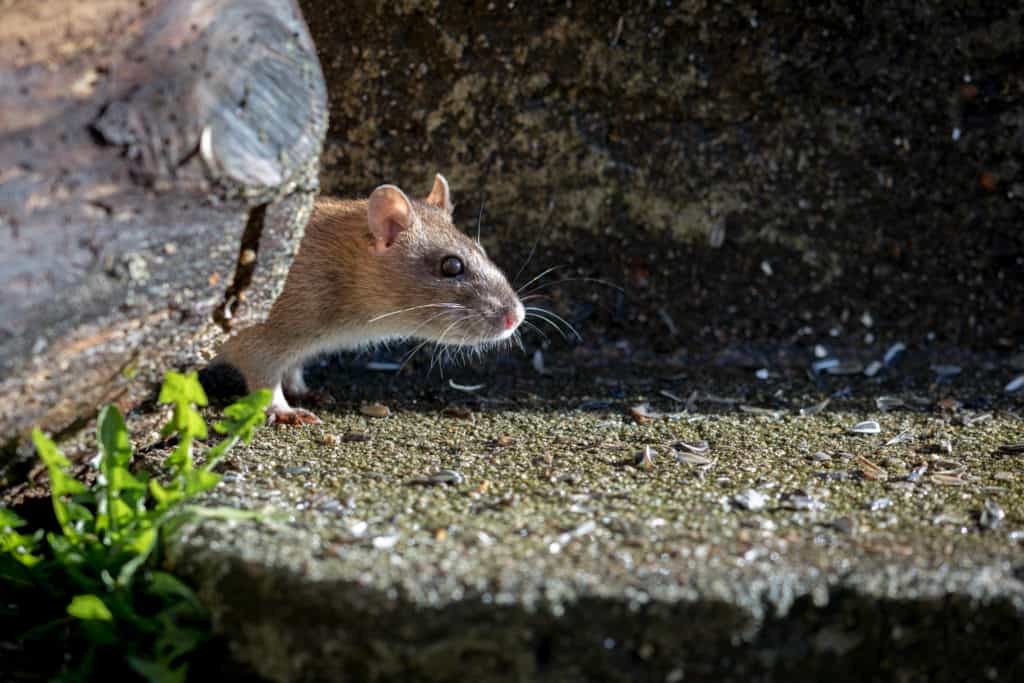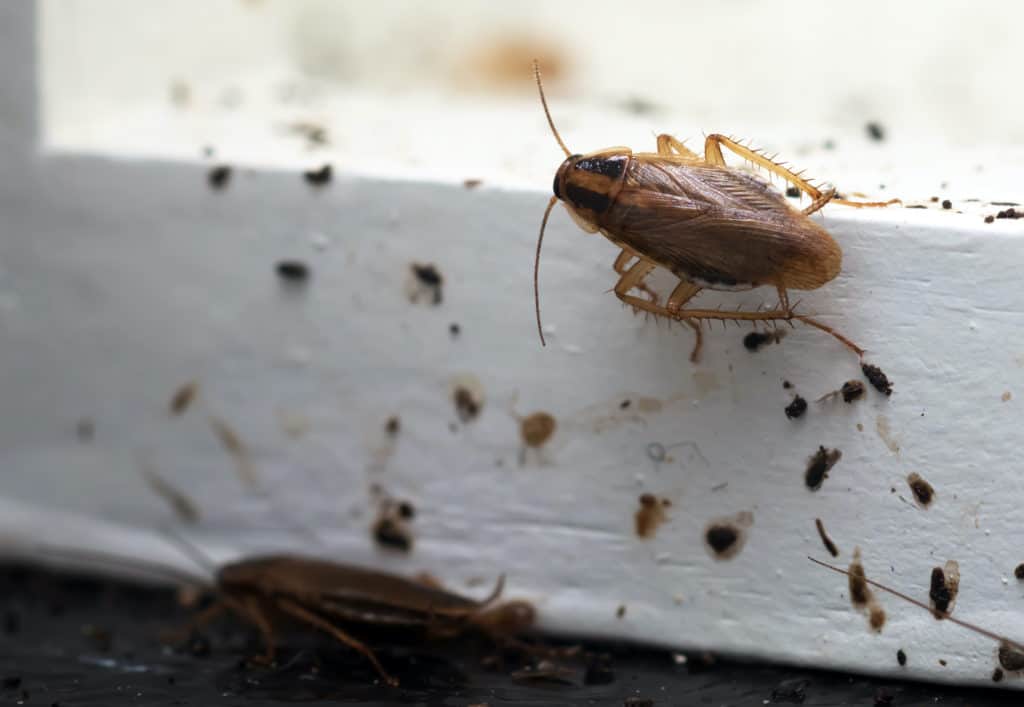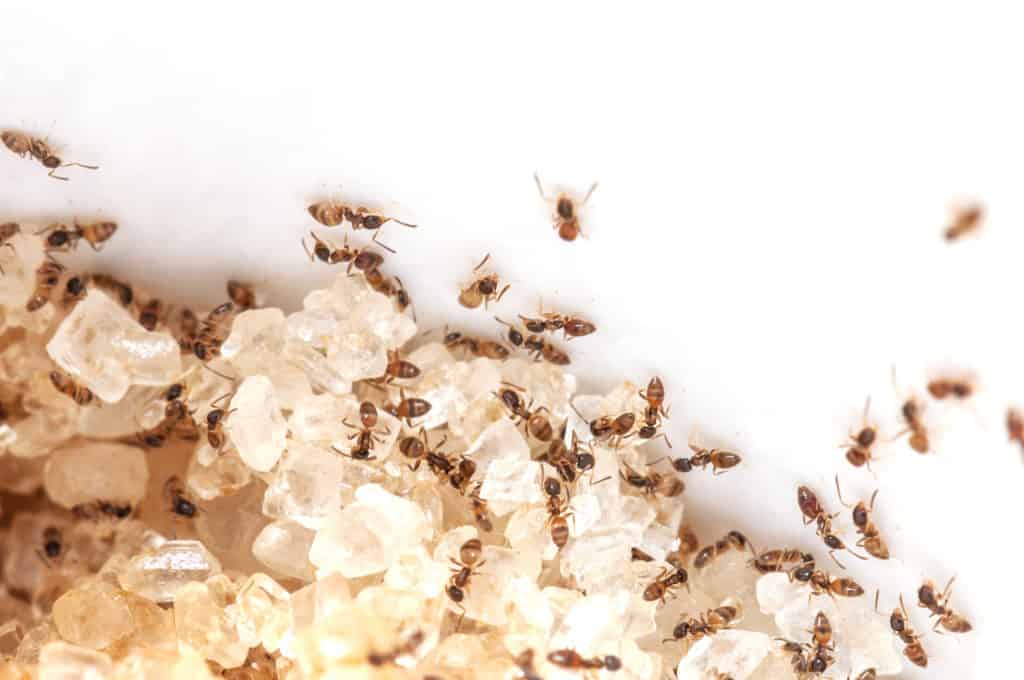What’s That Smell?
What’s That Smell?
There are many warning signs of infestations, but something that is often overlooked is one of our key senses: smell. Pests can cause odors to linger in your home and, in some cases, it is a great indication of an infestation. Here are some of the top smelly pests and their identifiable odors.
Stink Bugs
Stink bugs have an unmistakable, nasty odor which is due to something called aldehydes. Aldehydes are compounds that exist within the waxy fluids of the stink bug. When threatened, injured, or squished, the bugs release this fluid, flooding the surrounding area with the prominent scent of their aldehydes. The odor is sometimes described as a cross between cilantro and skunk spray. Cilantro also contains some aldehydes which accounts for the similarity in scent when stink bugs release their odorous defense mechanism from their highly concentrated scent glands. While stink bugs are relatively harmless pests, their notorious stench can make them more than annoying little home invaders.

Rodents
Being little dirty mammals, both rats and mice are guilty of being particularly stinky. While the scent will be centralized in their nesting areas, it can also be detected around the home in all areas they traffic. The scent is typically described as musty with hints of fecal matter, and a sharp ammonia overtone. This smell is due to the mix of their droppings and urine as well as their overall uncleanliness.

Roaches
Roaches are experts at staying hidden and are also photophobic, meaning they fear light and will make a point to avoid it. Due to this, it can often be difficult to notice an infestation until it has grown rather large. One clear early indication of roaches, however, is the nasty odor they produce. Similar to any animals and insects alike, roaches use scents as a method of communication – relaying messages about reproduction, food sources, shelter, and more. These scents are caused by a chemical concoction of cuticular hydrocarbons that can be excreted from their bodies. In addition to that, dead roaches also give off a repulsive odor due to their decomposition of fatty acids, leave behind droppings that can smell and even mold, and make moisture-ridden nests that rot. This myriad of stenches creates an overall pungent musty and oily smell with fecal undertones.

Odorous Ants
Odorous ants earned their name due to the particularly nasty smell that they emit when squished. The smell is caused by a release of chemical compounds from their bodies that is notorious for lingering in the air. While the particular description of the stench varies across reports, it is typically described as a rotting odor with hints of spoiled cheese or coconut.

If You Smell A Problem…
If your nose alerts you to one of these possible stinky infestations, call us right away. We will help you live odor-free and pest-free once again!

Citations
Goba, R. (2020) Cockroaches: What Do They Smell Like?, Insect Cop. Edited by J. Jackson-Ricketts. Available at: https://insectcop.net/what-do-roaches-smell-like/ (Accessed: December 8, 2020).
Green, H. (2018) Why Do Stink Bugs Stink?, Youtube. Available at: https://www.youtube.com/watch?v=LE-0x9AvGh8(Accessed: June 2020).
Schwartz, D. (2020) 8 Signs You May Have Mice, Bob Vila – Tried, True, Trustworthy Home Advice. Available at: https://www.bobvila.com/slideshow/8-signs-you-may-have-mice-50194 (Accessed: December 8, 2020).

